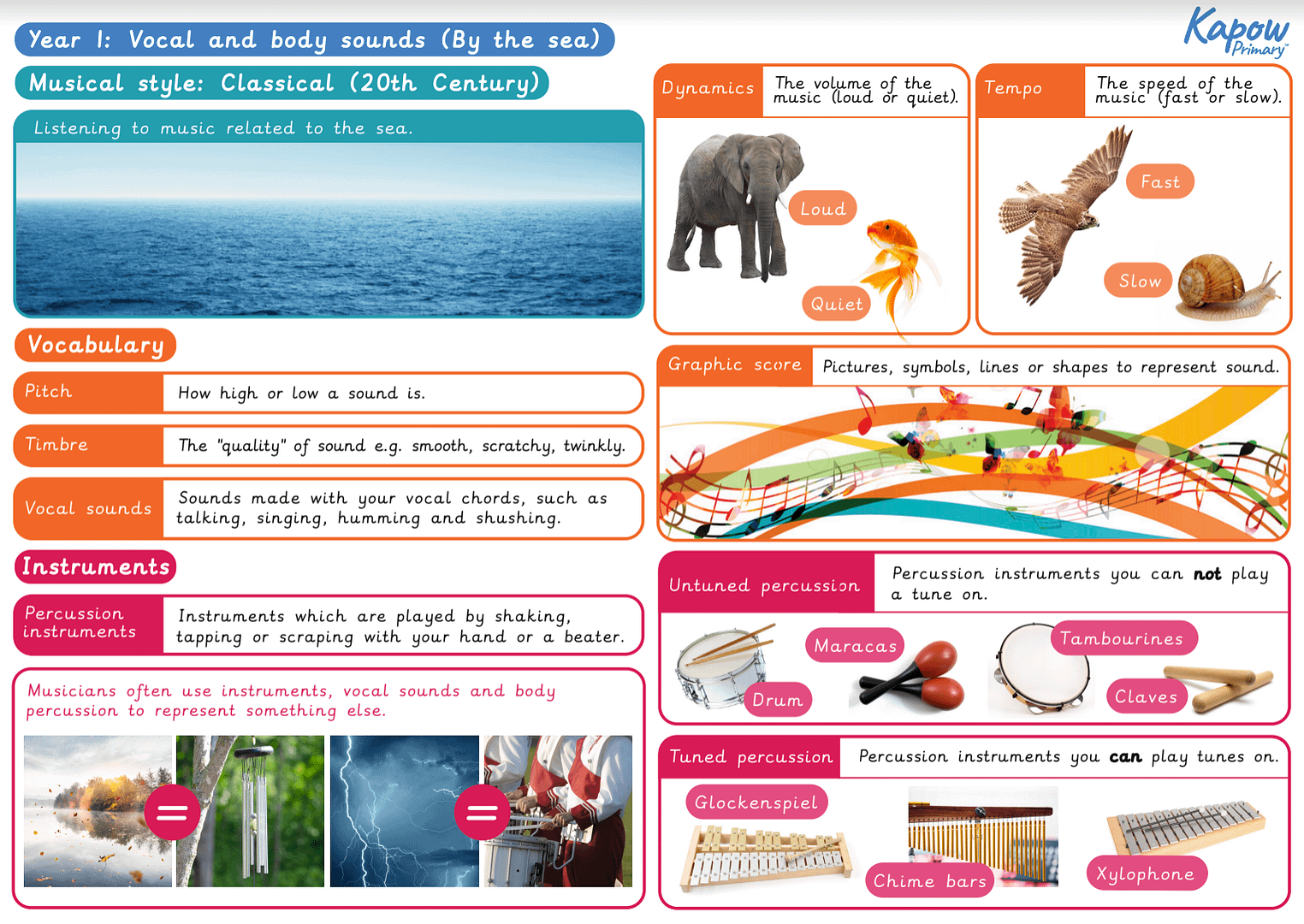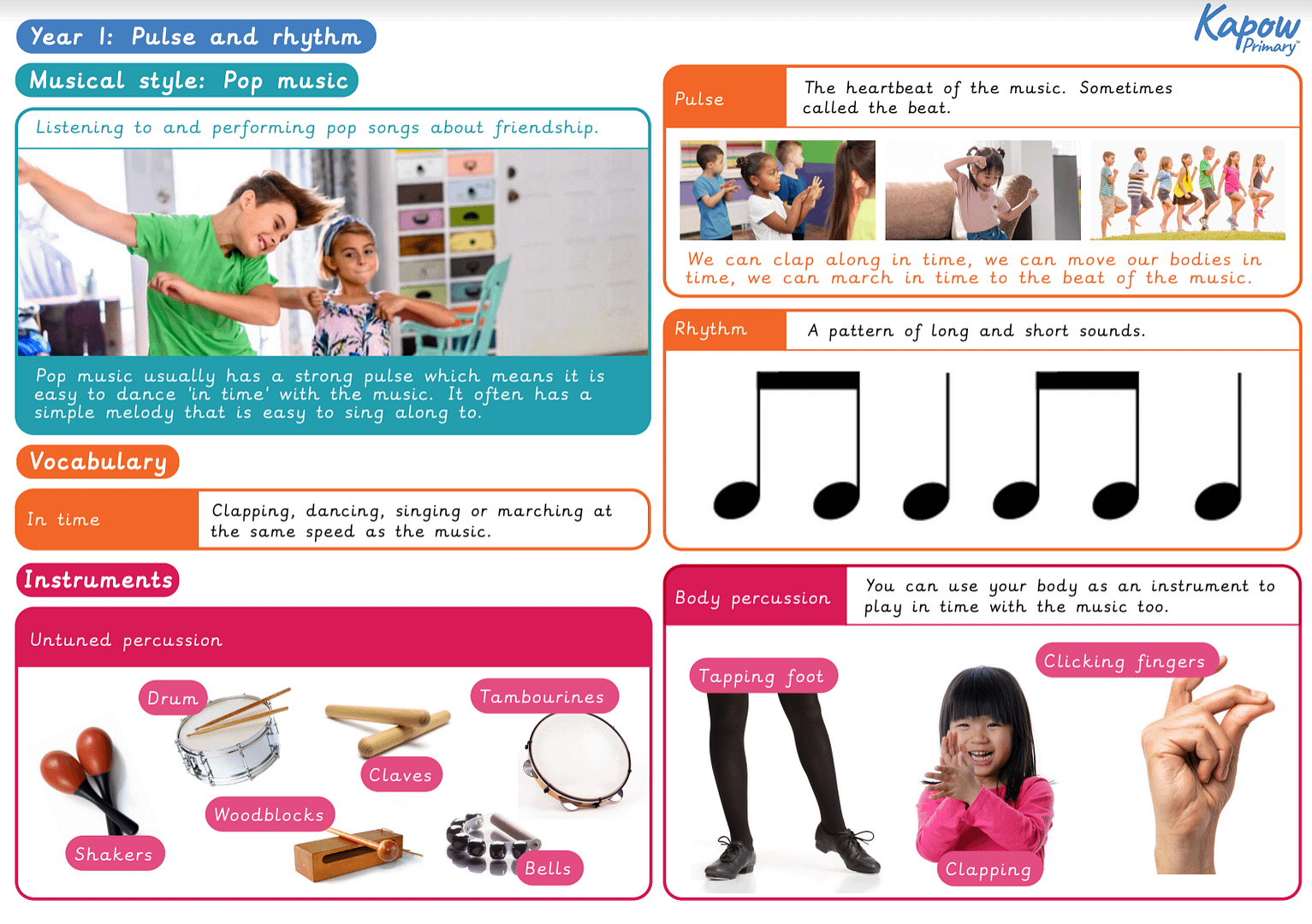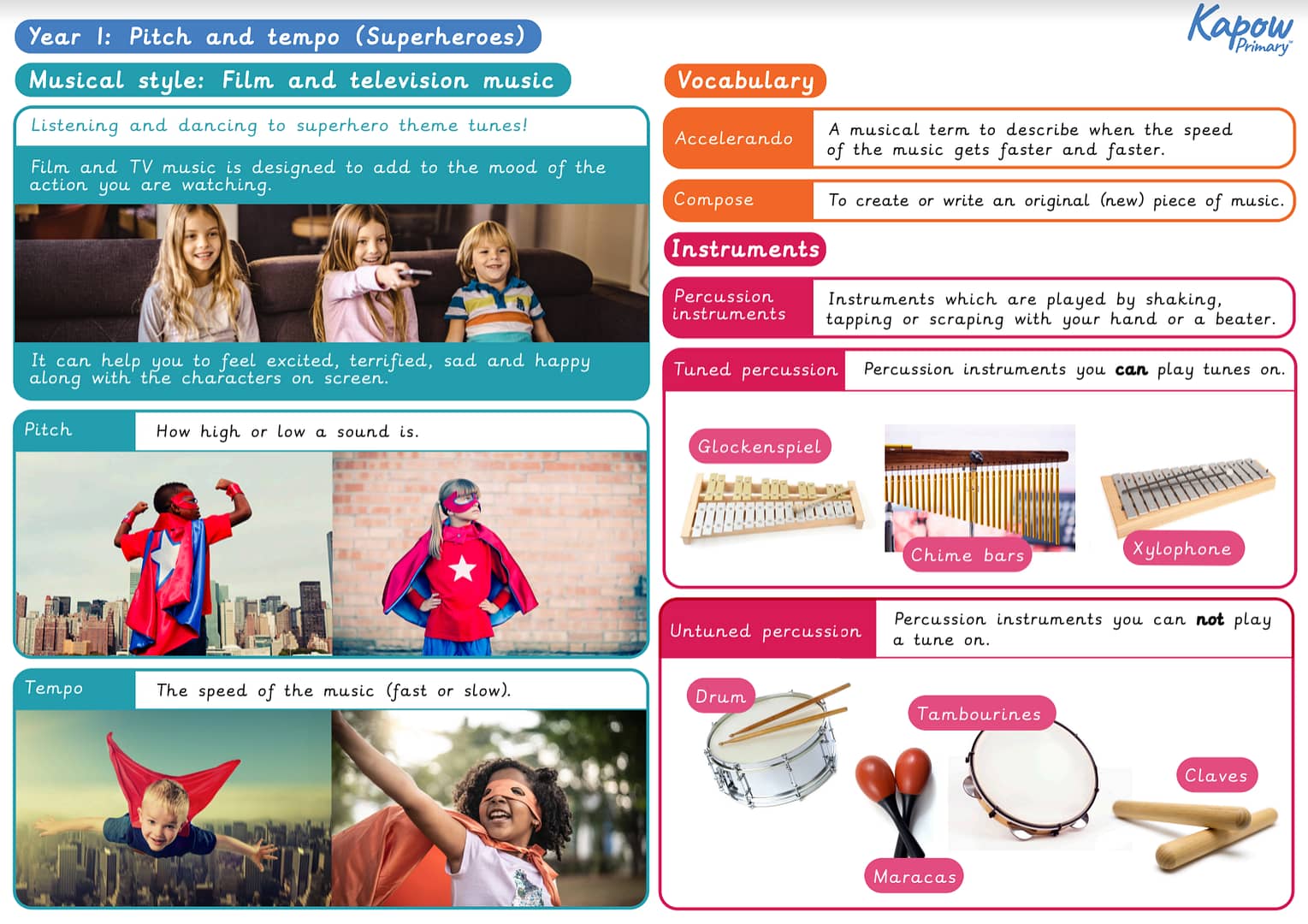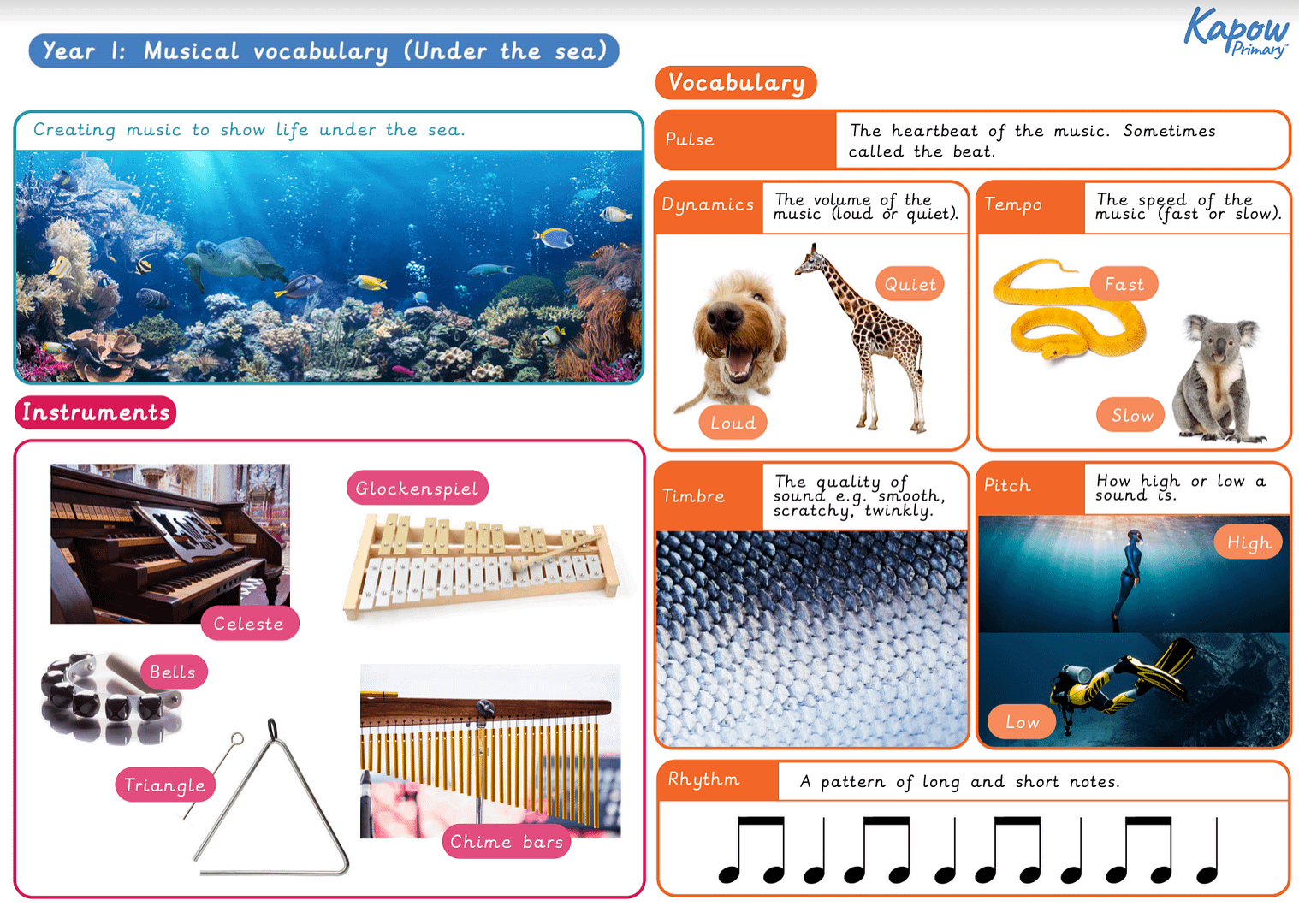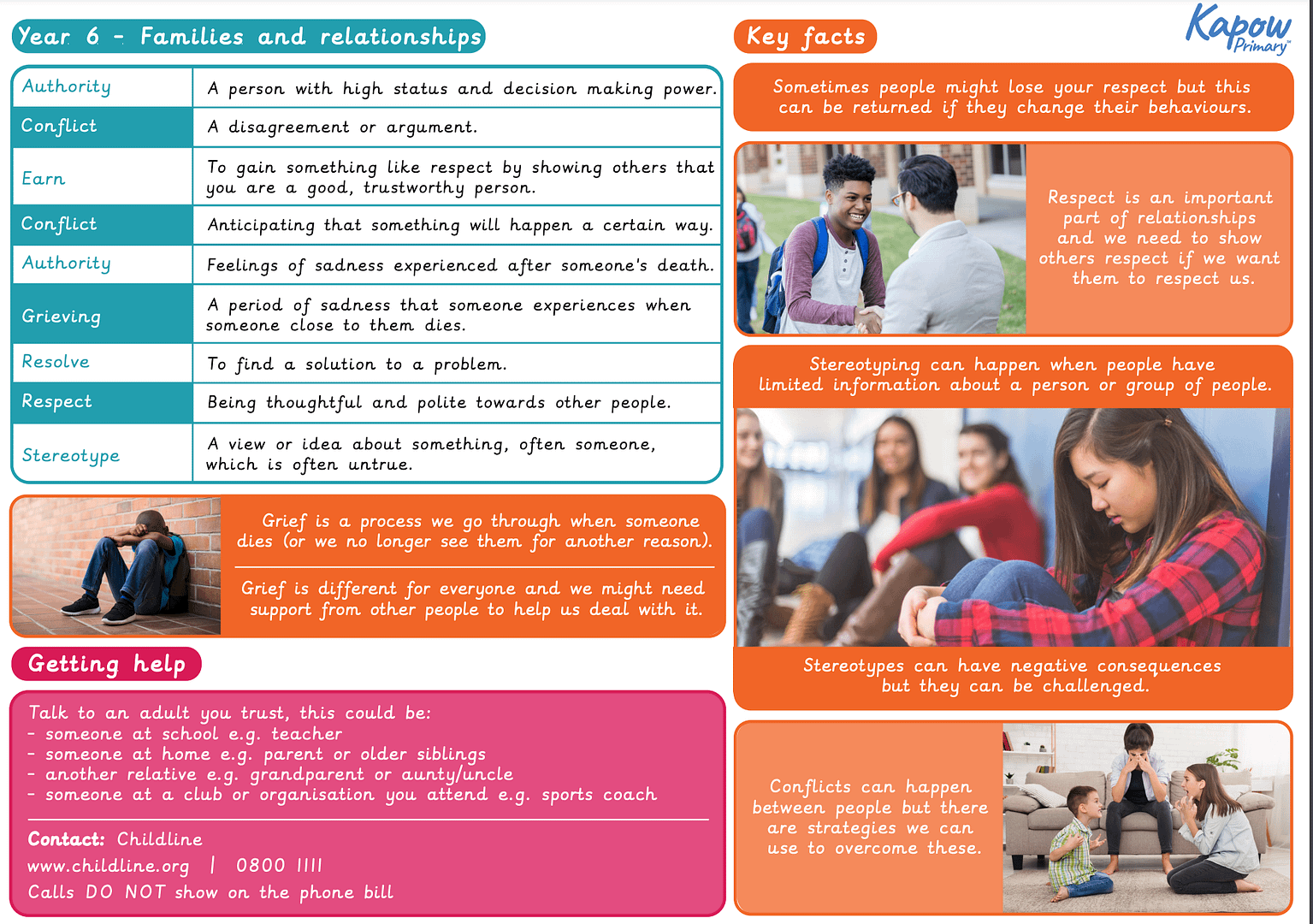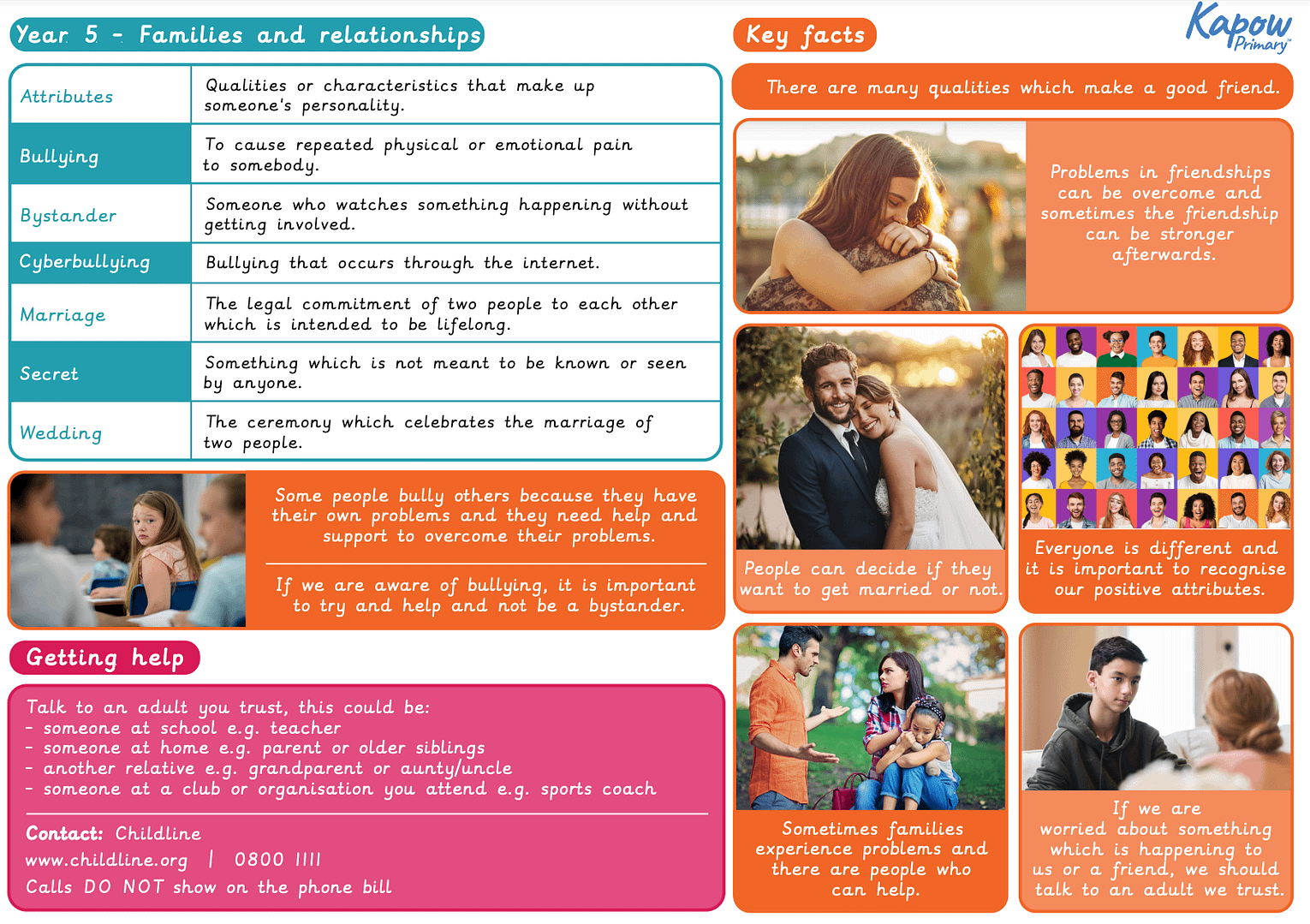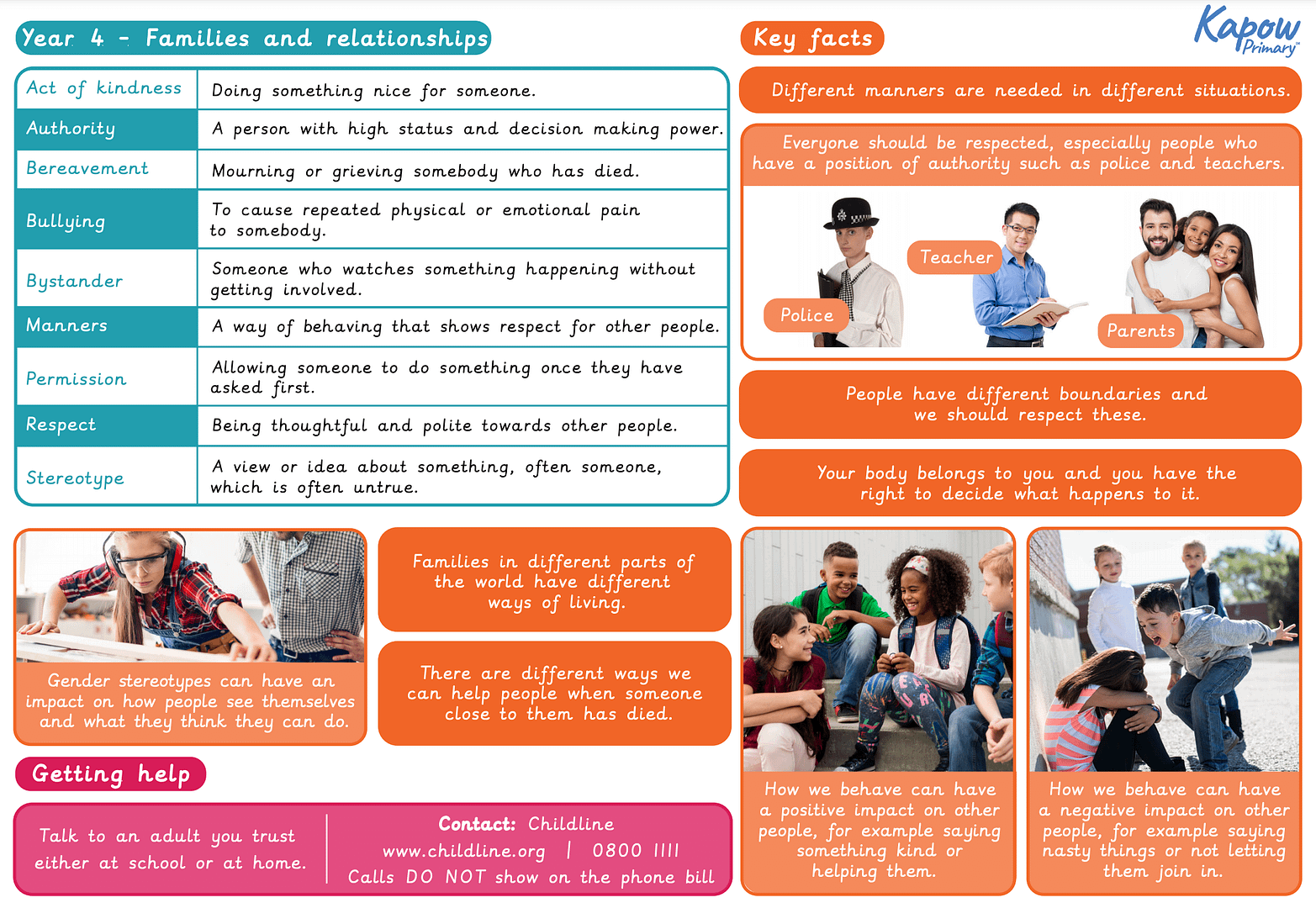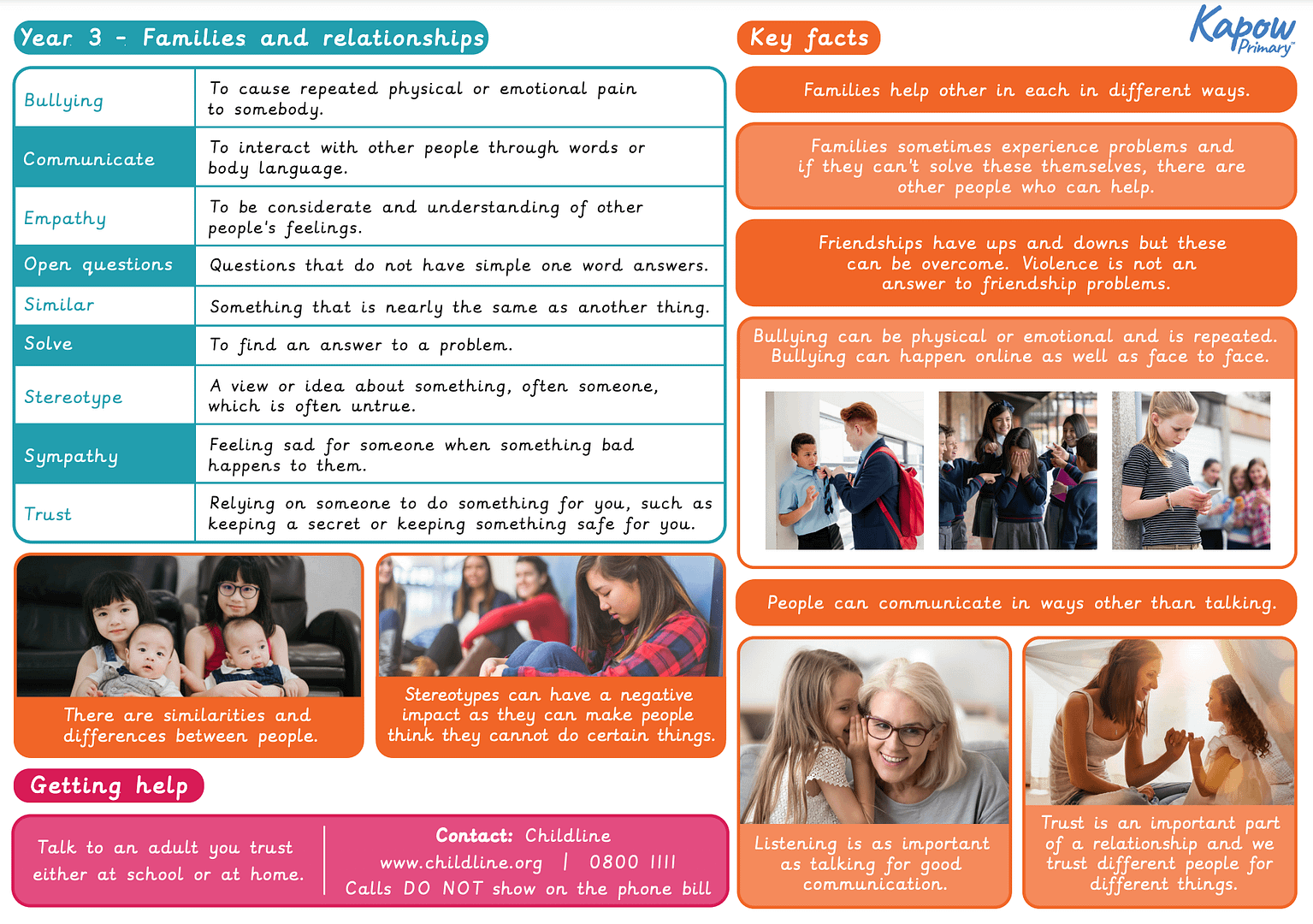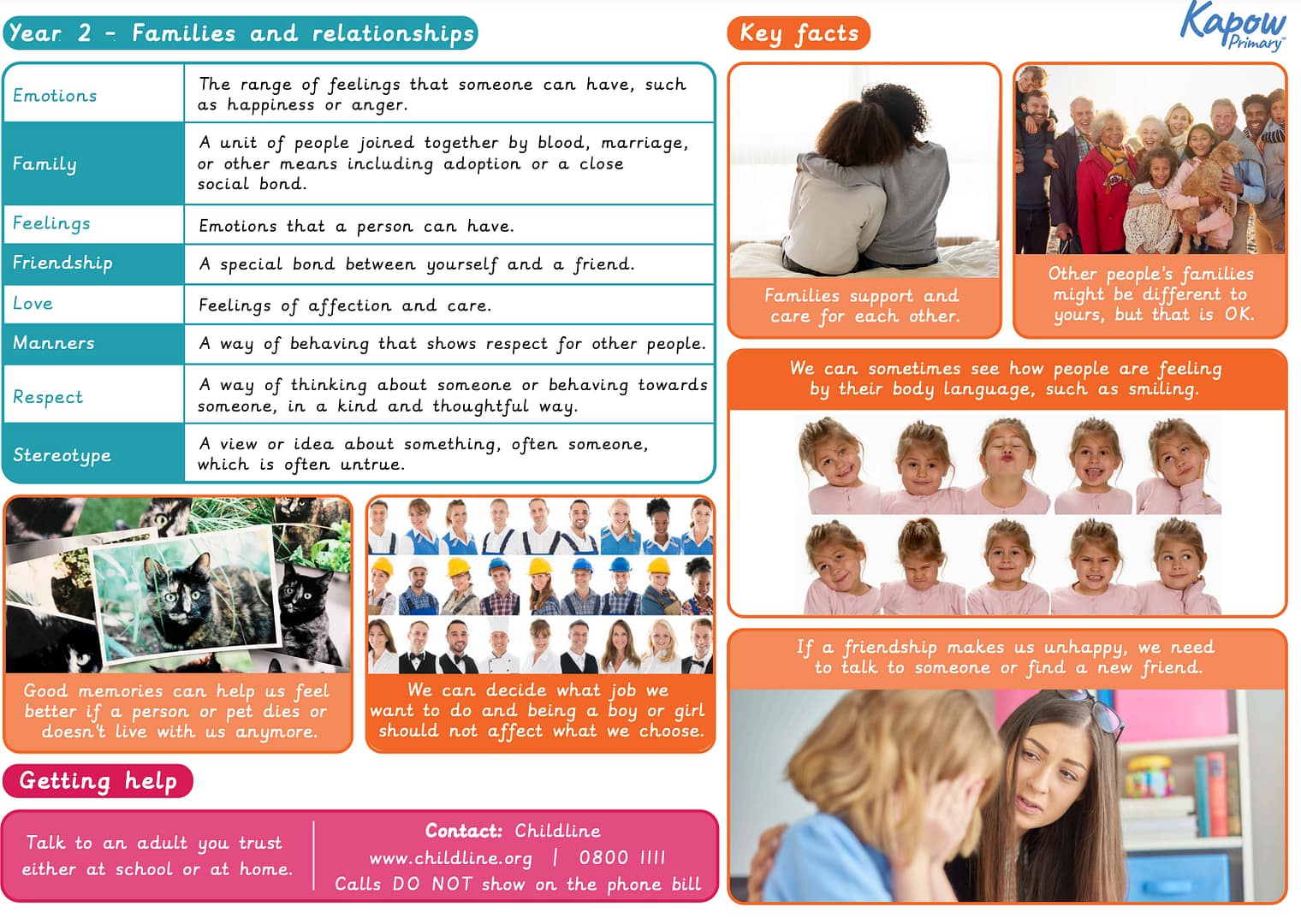Featured Document Type: Knowledge organiser
Knowledge organiser: Music – Y1 Pulse and rhythm
A Knowledge Organiser that captures the essential knowledge and skills learnt throughout the unit Archived unit: Pulse and rhythm (Theme: All about me).
This resource supports pupils as they explore the foundational elements of music through the exciting theme of superheroes. It introduces key vocabulary and concepts such as pulse, rhythm, and ‘in time’, helping pupils understand the steady beat of music and how long and short sounds can be used to create rhythmic patterns. The unit encourages movement, body percussion, and the use of untuned instruments like maracas, drums, tambourines, and woodblocks to reinforce rhythmic awareness. Through practical activities and performance, pupils build confidence in responding to music and performing as part of a group.

